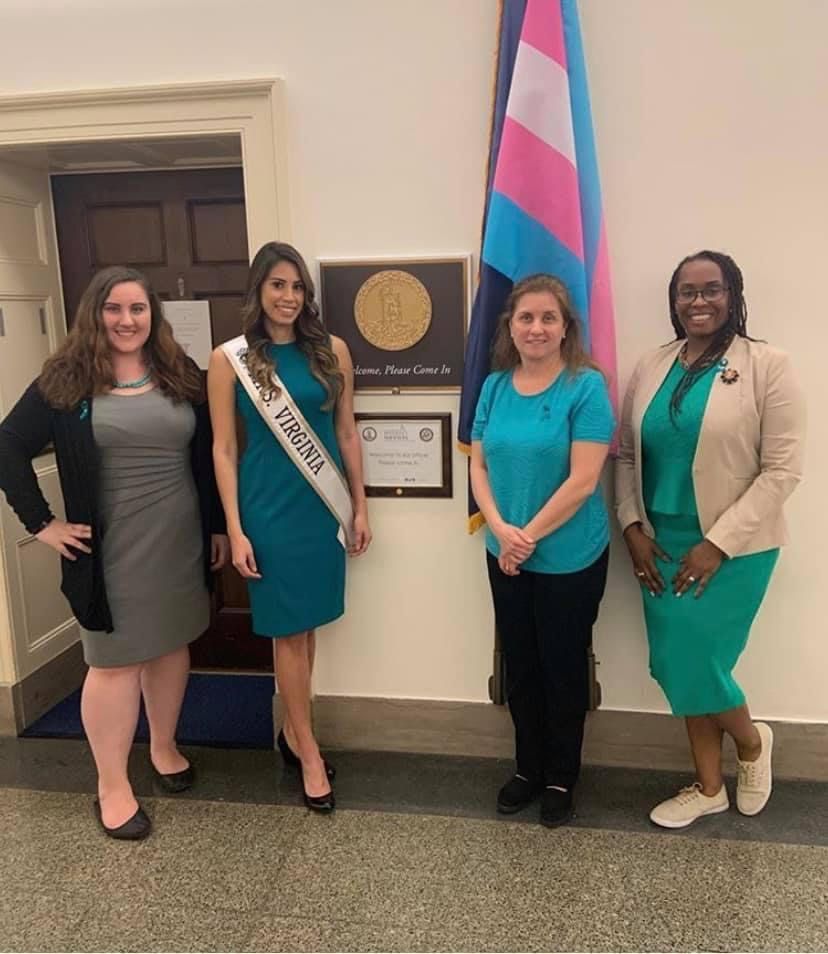People living with polycystic ovary syndrome (PCOS) are no strangers to stigma and confusing information about their health. Despite being the most common endocrine disorder among women of reproductive age in the U.S., it often goes undiagnosed for years.
What’s more, the need for coordinated care among endocrinologists, ob-gyns, dermatologists, and others places a burden on patients to puzzle-piece together their own solutions. In fact, in a recent survey, nearly half of 1,385 women living with PCOS saw three or more health pros before they even secured a diagnosis. And, in a separate study, the majority of women said their PCPs were low on empathy, and that they had to argue with them over the legitimacy of their concerns and the need for referrals to specialists.
But compassionate care is out there, if you know how to find it. Ahead, how one young woman, Rachel Laguna, navigated the care maze and came out in control of her health.
In 2011, when I was 21, I was rushed to the hospital with such intense pain that I couldn’t walk. After tests, the team told me I was in “perfect condition” and eventually sent me home. One month later, an ob-gyn found a baseball-size cyst on my ovary. She sent me for surgery to remove it and diagnosed me with PCOS and endometriosis. She retired soon after, and I was left to find a new specialist.

It’s been a decade since that diagnosis (I’m 31 now), yet my symptoms have only gotten more concerning. Sometimes they’re so intense I can’t run, cycle, or do a lunge. Over the years, I’ve had to push doctors to take my condition seriously and have spent a lot of time reading about what works (and doesn’t) for others. But my standards paid off: In 2018, I got lucky and connected with a doctor who listens and truly tries to help me.
MORE THAN A THIRD OF WOMEN WITH PCOS WON’T RECEIVE AN ACTUAL DIAGNOSIS FOR TWO YEARS OR LONGER.
One of the best things I did was join PCOS Challenge, a nonprofit that provides resources for women living with this condition. Connecting with these ladies has been a lifesaving experience. The support we give each other is something you just can’t get from medical professionals. Being able to talk about struggles with people who understand calms my mind. With the help of a community, I’ve realized I’m not crazy; my symptoms are real.

—Rachel Laguna, as told to Lauren Krouse
Expert diagnosis tip: A diagnosis requires two-thirds of the following: spaced-out or absent periods; high levels of androgens (“male” sex hormones) from a blood test, acne, or body hair; or an ultrasound showing polycystic ovaries (collections of fluid). Ask your doc if you need a blood test and/or ultrasound IRL, which you can handle at a local lab for convenience if you opt to do a telemedicine appointment. Also, have a diary of your symptoms, menstrual cycle, and medical history ready.
Source: Read Full Article
